US startups under fire after Indian engineer fraud claim
The U.S. Tech Workers weighed in, saying, “How did he get past the I-9 employment eligibility verification process?”
.jpg) Representative image / Unsplash
Representative image / Unsplash
Silicon Valley is currently confronting a significant compliance issue following reports that Indian engineer Soham Parekh allegedly held positions at several U.S.-based startups while living in India.
The controversy broke after Playground AI founder Suhail Doshi revealed on X, “PSA: there’s a guy named Soham Parekh (in India) who works at 3–4 startups at the same time (Lindy, Antimetal, Fleet AI and a few others I can’t name). I fired this guy in his first week and told him to stop lying/scamming people. He hasn't stopped a year later. No more excuses.”
Also Read:OpenAI CEO Altman says he has spoken with Microsoft CEO Nadella, NYT reports
Doshi continued, “He lies about his location. We thought we were hiring someone in the US. Even sent a laptop to a US address. Got it back! Allegedly, it was sent to his ‘sister’.”
How did he get past the I-9 employment eligibility verification process? https://t.co/g00bKUQESX
— U.S. Tech Workers (@USTechWorkers) July 2, 2025
The controversy has sparked outrage among tech professionals and renewed scrutiny of how startups conduct remote onboarding, particularly their adherence to Form I‑9 and Social Security Number (SSN) verification requirements.
The U.S. Tech Workers, an activist organization operating under the nonprofit watchdog Institute for Sound Public Policy's aegis (IfSPP) weighed in, posting, “How did he get past the I-9 employment eligibility verification process?” Form I‑9, a mandatory federal requirement, obligates U.S. employers to verify an employee’s identity and legal authorization to work, often using documents such as a valid visa and SSN.
The process typically includes in-person or certified virtual verification. Parekh’s case has raised questions about whether these steps were ever followed—or whether startups bypassed them entirely in the rush to hire engineering talent remotely.
Founders of other startups, including Flo Crivello of Lindy, Nicolai Ouporov of Fleet AI, and Matthew Parkhurst of Antimetal, confirmed that Parekh had brief stints at their companies. Crivello said he was let go “after a week.” Parkhurst acknowledged that Parekh was “smart and likeable,” but added, “We found out he had multiple jobs and terminated him immediately.”
Soham Parekh is just the tip of the iceberg, just like this Redditor pulling $800k a yr working 5 jobs.
— Deedy (@deedydas) July 2, 2025
r/overemployed is a ~500k community where people just maniacally discuss this.
There are 1000s of Soham Parekhs we don't know about. pic.twitter.com/UKyH7uqRUf
The backlash quickly spread to a broader conversation about moonlighting and remote work abuse. Entrepreneur Deedy Das also reacted to the controversy saying, “Soham Parekh is just the tip of the iceberg, just like this Redditor pulling $800k a yr working 5 jobs.”
Amid mounting criticism, an unverified X account claiming to be Parekh issued a public response, saying, “There’s a lot being said about me right now, and most of you don’t know the full story. If there’s one thing to know about me, it’s that I love to build. I’ve been isolated, written off, and shut out by nearly everyone I’ve known and every company I’ve worked at. But building is the only thing I’ve ever truly known, and it’s what I’ll keep doing.”
There’s a lot being said about me right now, and most of you don’t know the full story.
— Soham Parekh (@realsohamparekh) July 3, 2025
If there’s one thing to know about me, it’s that I love to build.
That’s it. I’ve been isolated, written off, and shut out by nearly everyone I’ve known and every company I’ve worked at.…
The post added, “Earlier today, I signed an exclusive founding deal to be founding engineer at one company and one company only. They were the only ones willing to bet on me at this time. The team is cracked, they back misfits, and they’re building something absolutely insane in the video AI space. We’re launching at the end of this month. More details tomorrow in my TBPN interview. I’m pissed. And I’ve got something to prove.”
The authenticity of the account remains unverified, but the scandal has arrived at a sensitive moment. Microsoft recently announced its second major layoff of the year, cutting 9,000 jobs, even as it continues hiring foreign tech workers through the H‑1B visa program.
ADVERTISEMENT
ADVERTISEMENT
E Paper
Video




 Malvika Choudhary
Malvika Choudhary
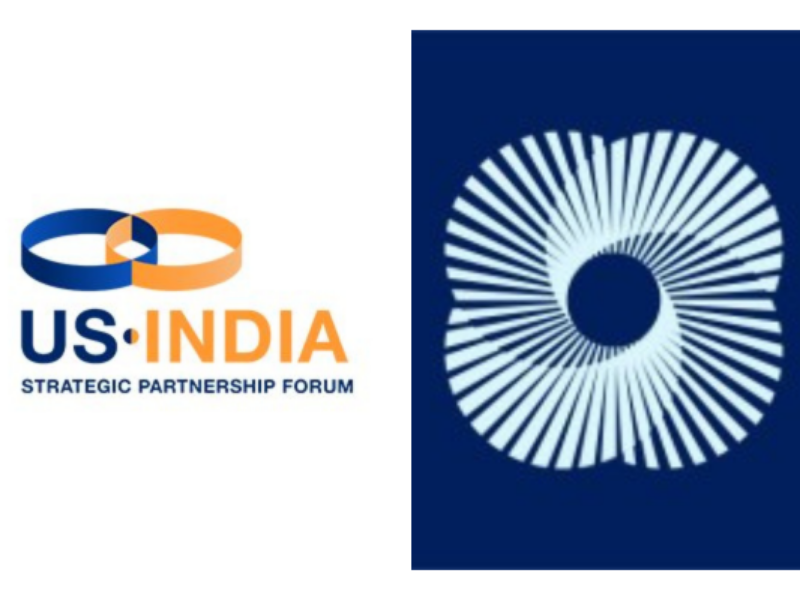


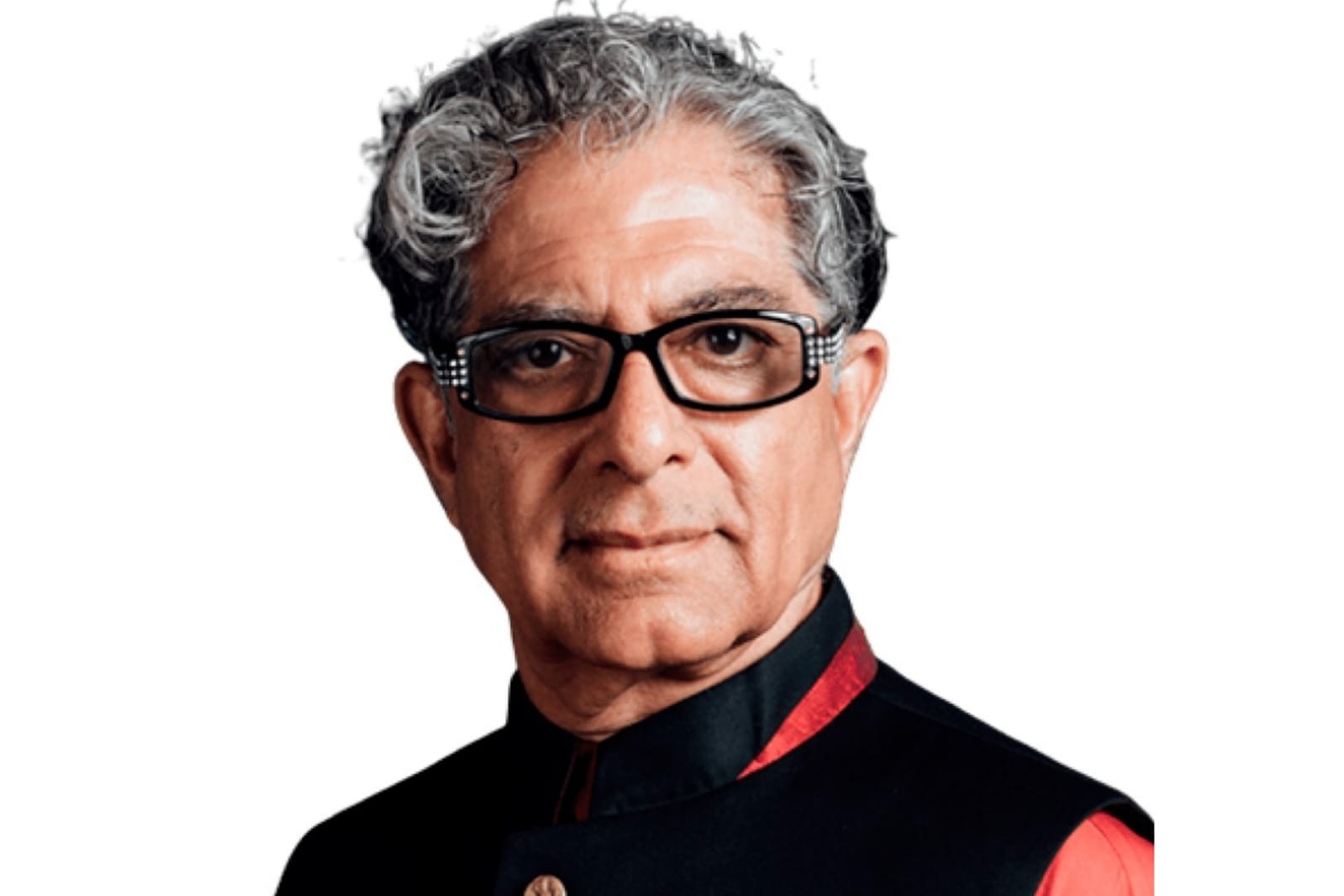
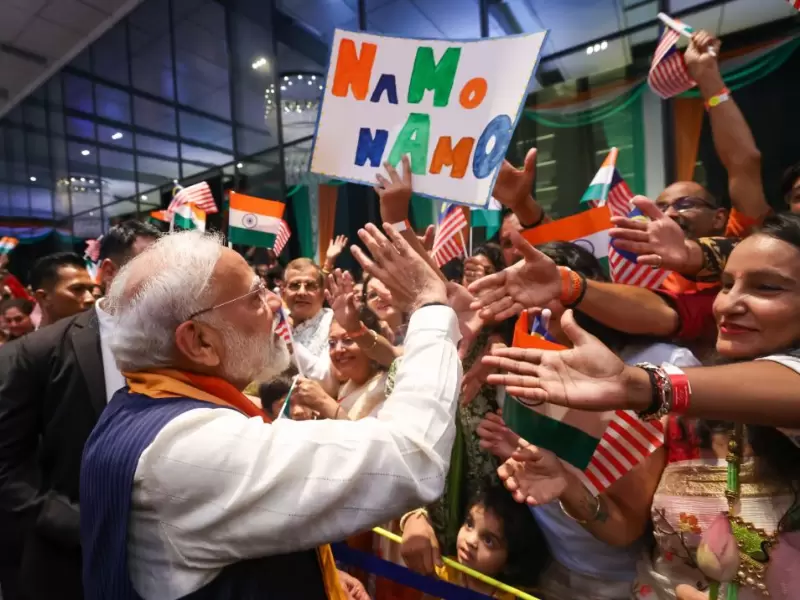

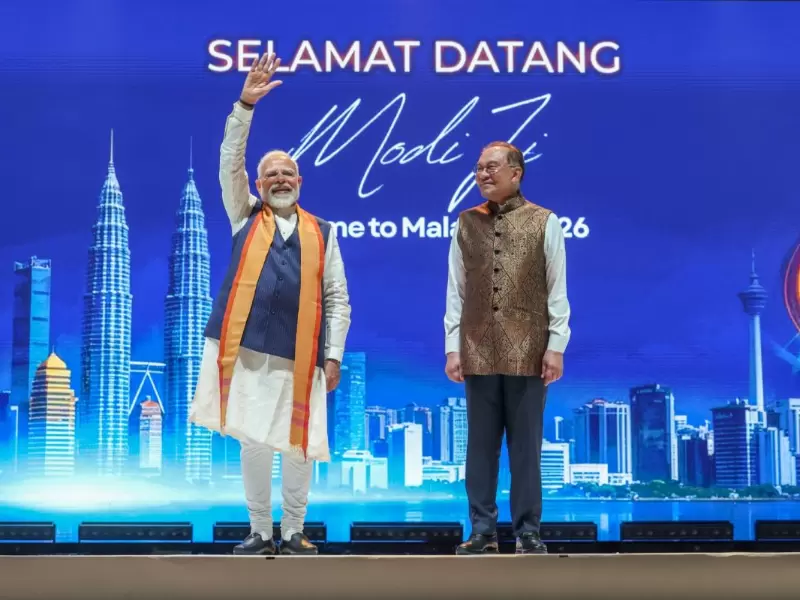
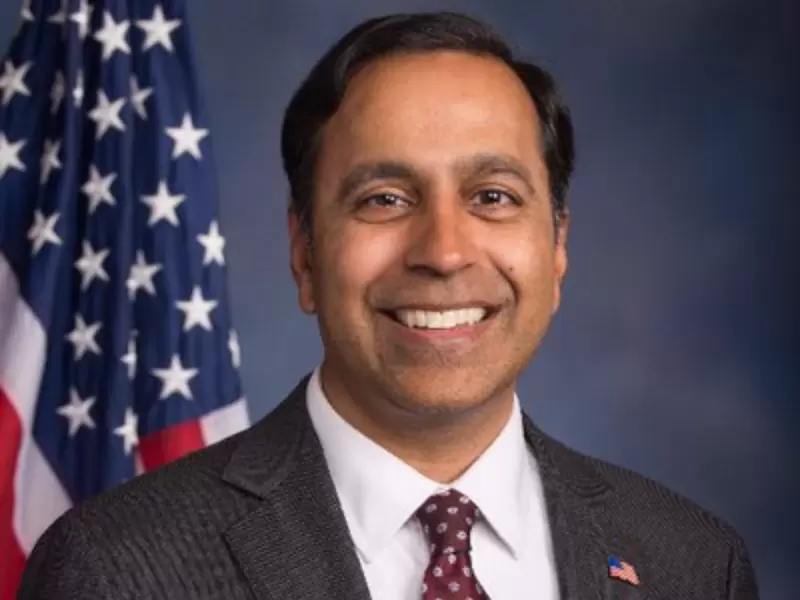
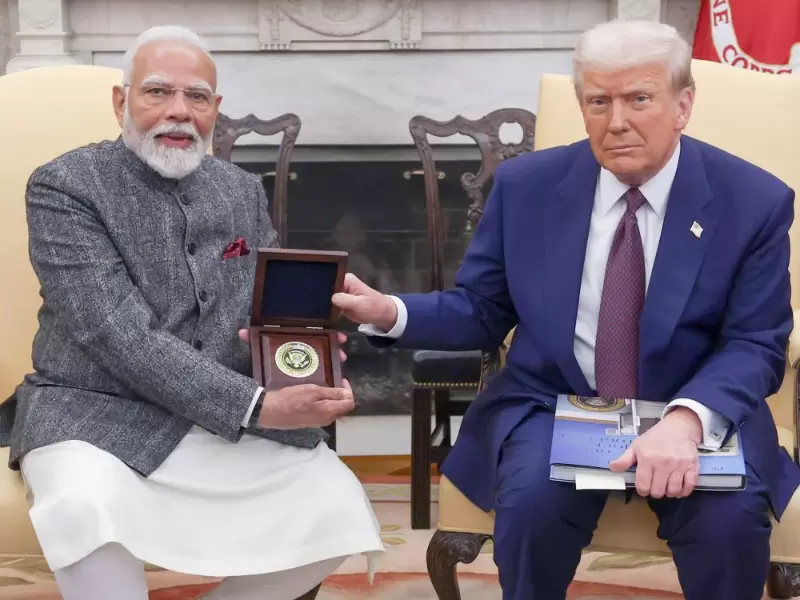
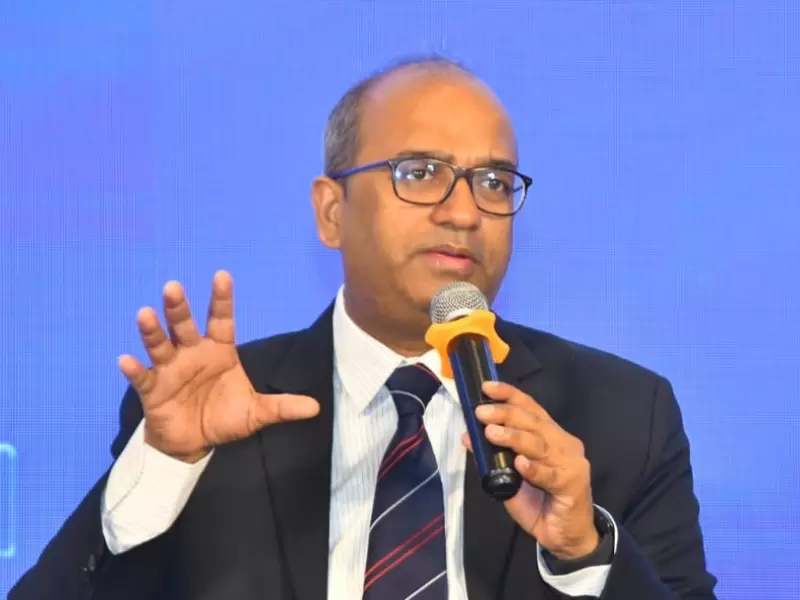
.jpg)


Comments
Start the conversation
Become a member of New India Abroad to start commenting.
Sign Up Now
Already have an account? Login